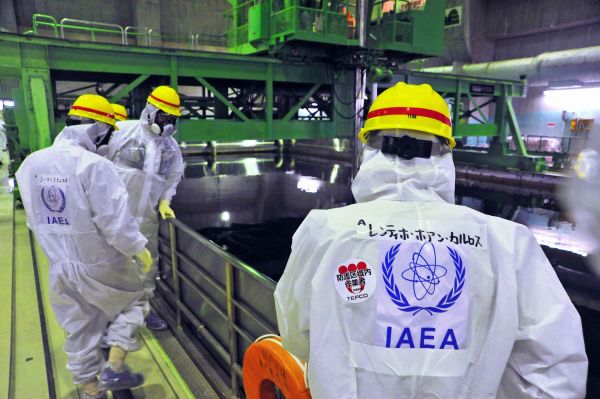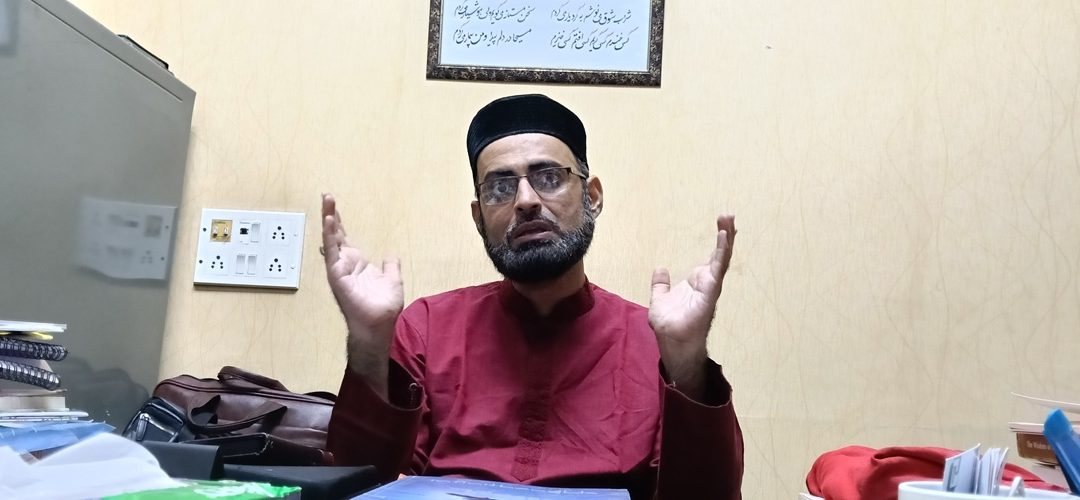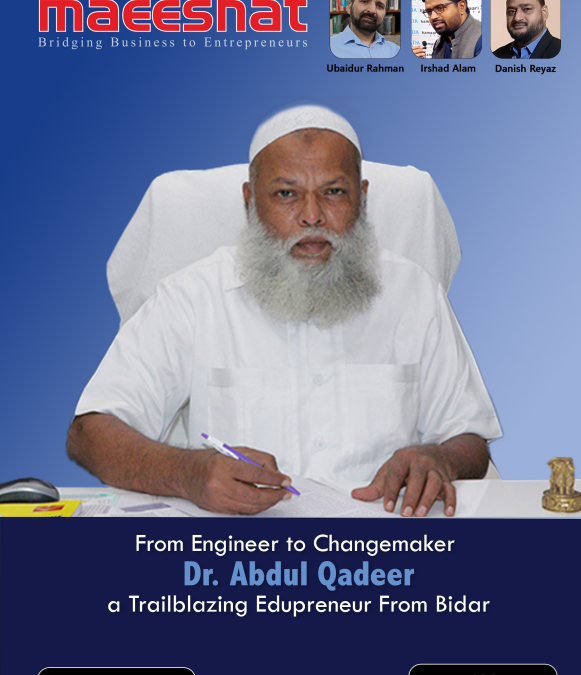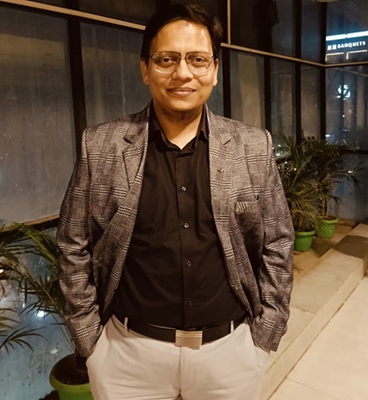Moscow, (IANS) : Precluding disasters, nuclear power plants are the most sustainable energy sources in terms of environmental impact, a top International Atomic Energy Agency (IAEA) official has said.
Thirty years after the Chernobyl tragedy and five years following the Fukushima accident, IAEA Deputy Director General Mikhail Chudakov underscored the importance of nuclear safety, asserting that the world should not forget the horrific disasters.
“As for the future, NPPs and nuclear sites are the most sustainable energy sources in terms of environmental impact — of course, if there are no nuclear disasters,” Chudakov, who also heads IAEA’s Department of Nuclear Energy, told IANS in an interview on the sidelines of the 11th International Public Forum-Dialogue “Nuclear Energy, Environment, Safety” here.
“But even with disasters, if we divide them by years of operation (making allowance for Fukushima and Chernobyl disasters), then the environmental and human health impact will be minimal for such an energy source as NPP, in contrast to coal and other power plants,” he said when asked about the accidents.
Buttressing his contention with WHO data, Chudakov said over seven million people die annually of diseases directly connected with heavy metal and carbon dioxide emissions that are mainly caused by the coal-fired power industry.
“This is official data. Unofficial figures are much higher. The nuclear power (industry) does not show such values. The level of health protection in the nuclear power (industry) is incomparably higher than that in other industries, even in spite of the impact of Fukushima and Chernobyl,” he said.
Vouching for the safety of the Russian-built Kudankulam Nuclear Power Project in India, Chudakov said safe operation of nuclear power plants is based on IAEA documents and national regulatory authorities work in accordance with this documentation.
“That’s why I believe that the Kudankulam NPP is as safe as many other NPPs operated and supervised by international organisations and national regulatory authorities,” he stressed.
Against the backdrop of climate change and the Paris and Marrakech climate conferences, Chudakov said nuclear power is exemplary for developing nations.
“For developing countries, climate also matters. Of course, many small developing countries do not act as major environmental polluters. But they can become polluters, if they start active development of their economy.
“That’s why it is better to make proper decisions in the very beginning, in order to invest funds and lay foundations for centuries by development of nuclear power. And that’s why nuclear power is one of the key choices for many developing countries,” he said.
As many as 30 countries are at present harnessing nuclear power and an equal number are planning to start doing that, he stated.
“And they do that not because nuclear power has a positive impact on the climate, but because they are trying to achieve the sustainable development goals and understand that it will result in development of their economy, in development of new jobs,” he said.
To embrace energy security sans the fluctuations in fuel prices, nuclear energy is important, he argued.
“Countries do not want to be affected by situations when someone blocks gas pipelines or does not supply required hydrocarbon fuel. It is a very good example of energy security.
“It is related to atomic energy prices. We know that in the traditional power industry, 70 per cent of generated energy price accounts for fuel price. In the nuclear industry it’s only seven per cent. If fuel prices double, it will not have any impact on nuclear power (in particular, on generated energy), which cannot be said about the conventional power industry,” Chudakov said.
“That’s why this effect should be taken into account, while planning development of economy for decades and centuries. New NPPs can work for 60 years, with life extension of up to 80 years. It is very important for a country to have the basic power industry, which can be provided by NPPs,” he added.
(Sahana Ghosh was in Moscow at the invitation of Rosatom to cover the 11th International Public Forum-Dialogue “Nuclear Energy, Environment, Safety – 2016”)






0 Comments